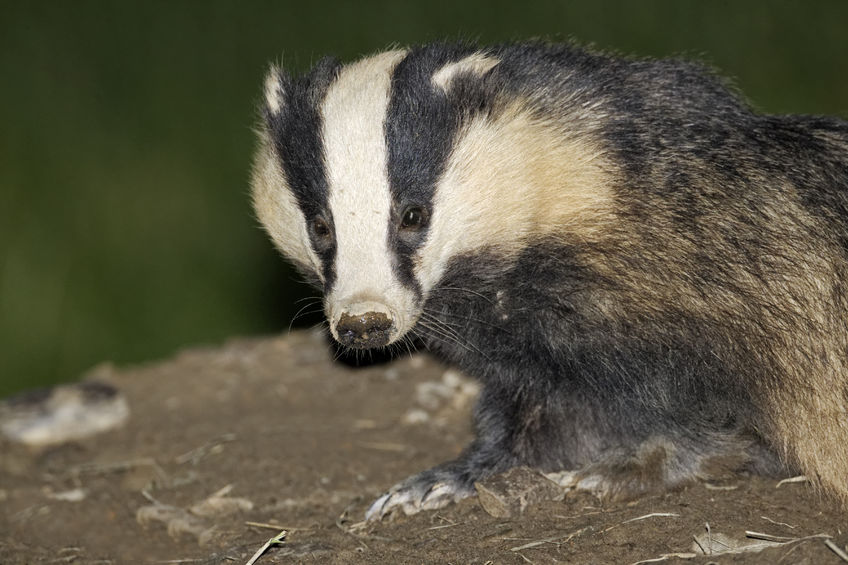
The Welsh Government’s flagship bovine TB data document – TB Dashboard – has revealed "disappointing" progress towards the eradication of bovine TB in Wales, a farming union has said.
According to the data presented, the levels of bovine TB in Wales have remained fairly static overall, with variable results across the counties.
Indeed, whilst the TB Dashboard document reports a general fall in TB herd incidence since 2012, the number of cattle slaughtered in the 12 months leading to January 2017 was 22 per cent higher than in the previous 12 months.
Dr Hazel Wright, Farmers' Union of Wales (FUW) Senior Policy Officer, said: “Although the data from TB Dashboard shows improvement in some areas, the number of cattle slaughtered remains on the rise.
“According to Welsh bovine TB statistics, with the exception of 2008 and 2009, the number of cattle slaughtered in the 12 months to January 2017 was higher than in any other year since 1996.
“Recurrence rates have remained relatively flat in recent years, however almost 30 percent of the TB incidents closed in 2014 entailed a recurrence in the subsequent two years.
“Losing TB-free status is devastating to farming families and their businesses. The restrictions on a farm business can be incredibly destructive and it is extremely distressing for our members to have worked hard to gain TB-free status, only to lose it again in the subsequent years.
“A TB breakdown is not only financially crippling for the farm, but also impacts more widely as struggling farm businesses are less able to contribute to the both the local economy and further afield.”
'High TB areas'
According to Dashboard, over 80 per cent of new TB incidents are in the areas classified as ‘High TB areas’, including Pembrokeshire in the West.
In the last quarter of 2016, there were 71 new incidents in this region.
The Farmers' Union of Wales said that whilst this is a minor improvement from the year before, the longer term results are variable and suggest that cattle measures alone cannot work to eradicate TB.
The latest official report on the IAA, published after the cessation of the £3.7 million badger vaccination programme in North Pembrokeshire, concluded that ‘consistent trends in indicators of bovine TB incidence have not yet been seen’ over the 5 year period examined.
“The industry is well aware that the results after four years of badger vaccination in the IAA showed levels of bovine TB which are no different to other comparable areas where badger vaccination did not take place,” added Dr Wright.
“The number of cattle herds registered in Wales has declined by 43 percent since 1996 and the industry has lost dairy producers at an alarming rate.
“Bovine TB is one of the most serious issues facing Welsh cattle farmers and a more holistic approach, which seriously tackles the wildlife reservoir, is required urgently.”
